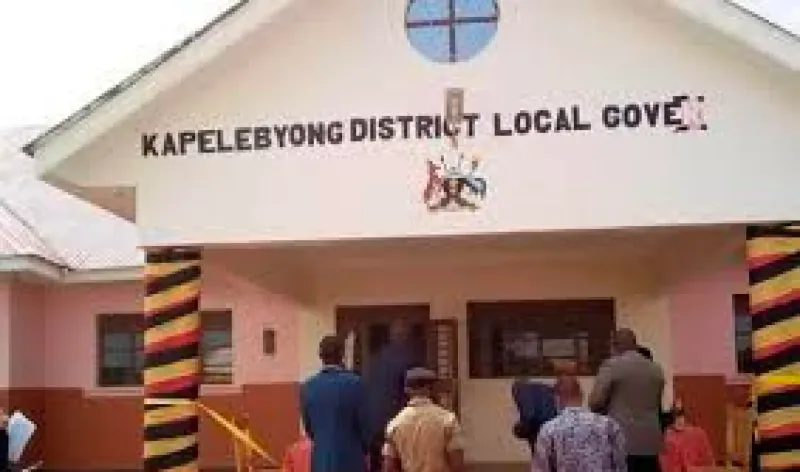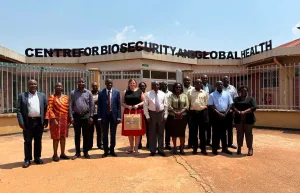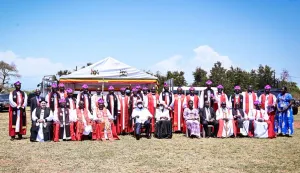
Recurring livestock and poultry disease outbreaks continue to pose major challenges for farmers, prompting the Kapelebyong District Local Government to strengthen vaccine management within its veterinary department. To address this need, the district is set to receive a massive containerized hybrid solar-powered cold chain refrigerator designed to enhance the storage and preservation of veterinary vaccines.
Kapelebyong was chosen by the Ministry of Agriculture, Animal Industry and Fisheries (MAAIF) as one of 53 beneficiary districts. The incoming unit can accommodate up to 1.5 million doses of vaccines for both poultry and livestock, making it a significant addition to the region’s animal health infrastructure.
The refrigerated container will also feature an office space, a power-point section, 34 solar panels dedicated to renewable power generation, a temperature-regulating compressor, and solar batteries that can keep the system running for as long as 48 hours without sunlight. Emmanuel Opio, the Communications Officer for the Kapelebyong District Local Government, noted that the district expects to receive the “mega hybrid solar-powered cold chain refrigerator” on December 15, 2025, a development he described as a major step forward for vaccine preservation.
These large hybrid solar-powered cold chain units are valued for their durability, low operating costs, environmental friendliness, and portability. By combining solar energy with backup battery or generator options, they ensure continuous operation, even in areas with unreliable or limited electricity.
Farmers are hopeful the facility will make a meaningful difference. David Ebilat, a resident of Acanipi in Alitot Sub-county, believes it will contribute to lifting the agricultural economy. He explains that disease outbreaks have long hindered livestock and poultry production, and improved vaccine storage will help mitigate those persistent challenges.













Lynzy Mbabazi
Leave a Comment
Your email address will not be published.